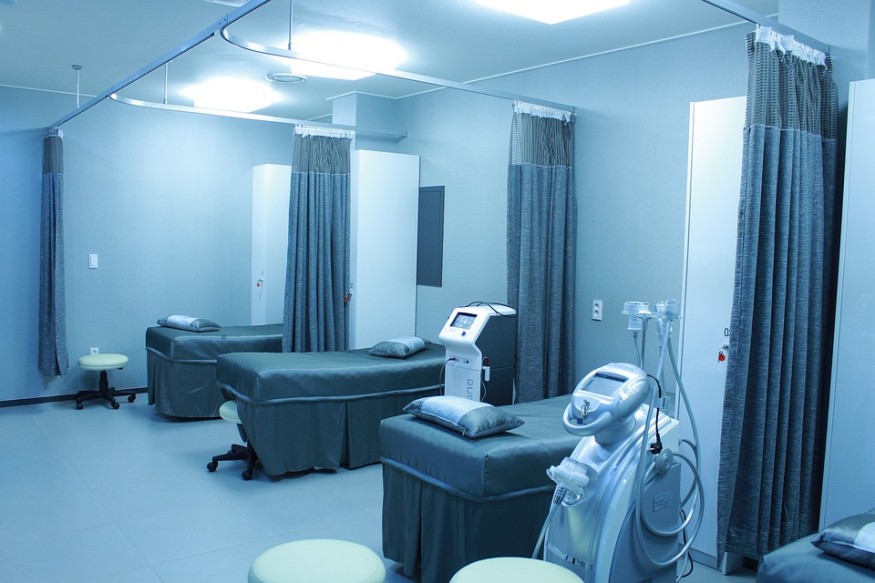
The demand for ventilators for a rapidly growing number of patients inflicted with the coronavirus around the world is at least ten times what is available at hospitals.
Chinese ventilator makers such as Shenzhen Mindray Bio-Medical Electronics Co. had been busy with the surge of orders from around the world as countries demand machines in their intensive care units. The company which produces 3,000 ventilators per month has resorted to delaying deliveries to domestic clients to ship products to other countries that are in urgent need, Li said. Recently,
A ventilator is a life-saving machine that allows breathable air into and out of the lungs and removes carbon dioxide in the body. Patients with severe COVID-19 may experience a rapid decrease in blood oxygens levels, causing damage in the organs, which is life-threatening.Connecting to a ventilator to help a patient breathe can determine if he lives or dies.
According to Li Wennei, Shenzhen Mindray Bio-Medical Electronics Co's board secretary, the demand is several times the orders they can take, their capacity and their current capacity is several times what it used to be.
Hospitals which usually have just a few of the machines are now needing one ventilator machine per critically ill patient.
U.S. President Donald Trump has given a signal to automakers like Tesla to try to manufacture ventilators to cover the staggering amount of shortages. The complex devices are not easily developed, unlike surgical masks and disinfectants.
In the U.S., 960,000 patients would need ventilator support as the confirmed COVID-19 cases rise, but hospitals around the country are only 200,000, the Society of Critical Care Medicine estimates. In Italy, the country with the most number of fatalities, severe ventilator shortage forced doctors to triage patients.
National Health Service seeks for more ventilators
Meanwhile, in the U.K., British Inventor Sir James Dyson, the maker of consumer products such as vacuum cleaners and hair dryers has responded to the government's call for help. Dyson said their company is working with Technology Partnership, a medical company based in Cambridge to "conduct a fully regulated medical device development, including testing in the laboratory and humans, and we are scaling up the volume".
The team from Oxford University and King's College in London, on the other hand, had unveiled a "prototype ventilator that is simple enough to mass-produce in a fortnight". The Oxyvent is from a standard resuscitation bag and valves. The compressed air squeezes the bag, breathing oxygen into the lungs, with the frequency of 'breaths' controlled by simple electronics.
According to Prof Nick Oliver of the University of Edinburgh's Business School, time could be wasted if inexperienced companies tried to design and produce their ventilators. A focus on how to extend the capacity of existing manufacturers who already have the expertise should be done instead, he suggested.
A consortium called The Ventilator Challenge UK aims instead to manufacture Smith's Portable Parapac ventilator. The company announced that it will supply 5,000 more ventilators within the next two weeks, and will deliver tens of thousands over the coming month.
© 2025 NatureWorldNews.com All rights reserved. Do not reproduce without permission.





